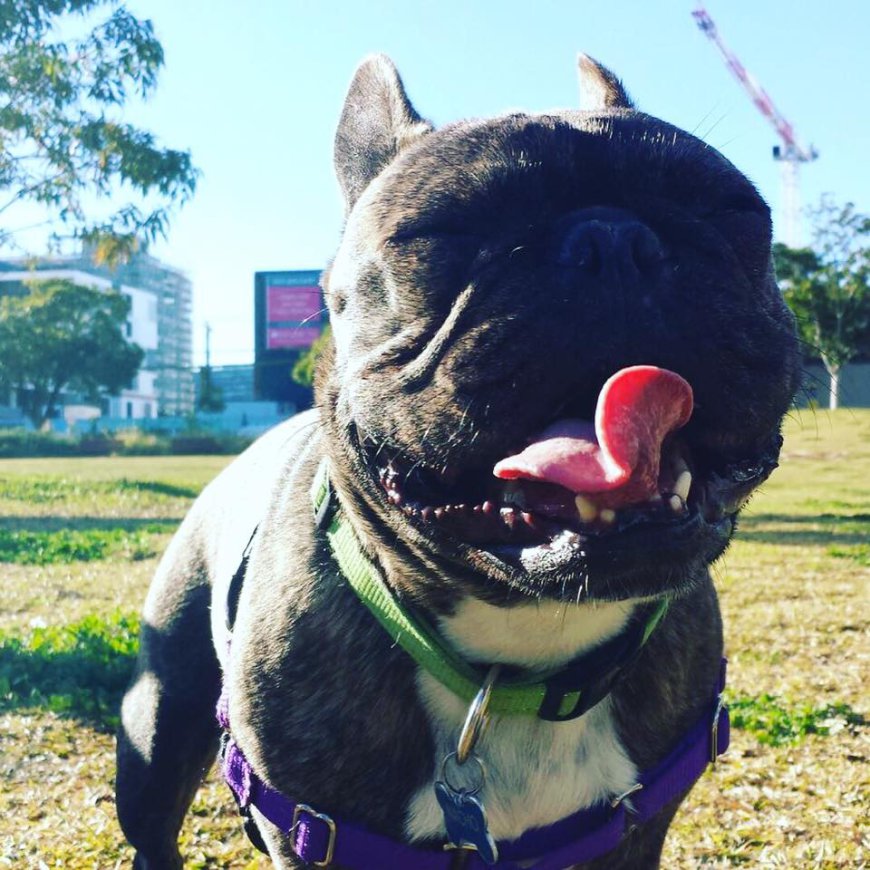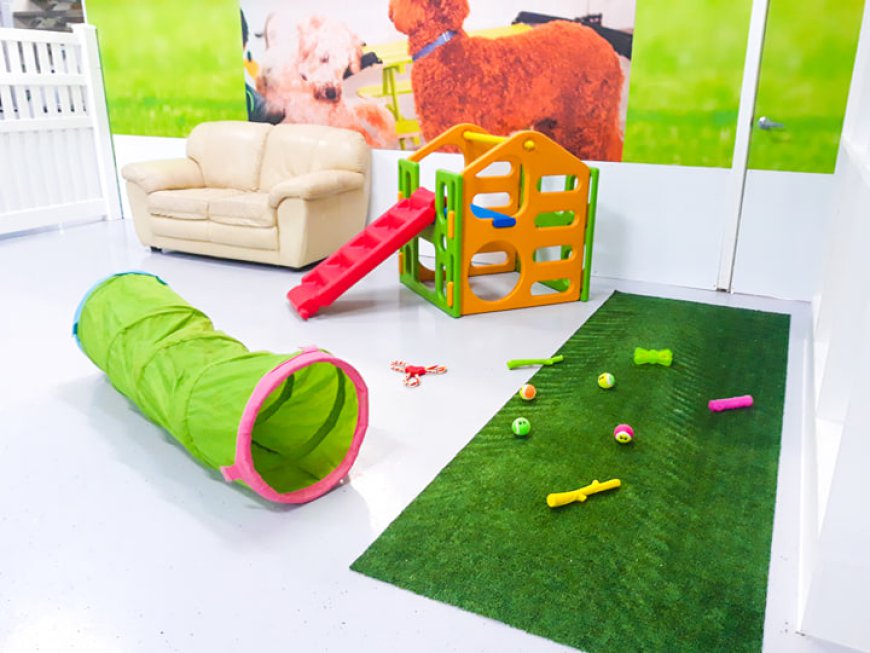Introduction
Boarding your dog for the first time can be a daunting experience for both you and your furry friend. Understanding what to expect and how to prepare can ease the transition and ensure your dog’s stay is as comfortable as possible. This article provides essential tips and information to help you get ready for your dog's first boarding experience.
1. Choosing the Right Boarding Facility
1.1 Research and Reviews
Start by researching local dog boarding facilities. Look for online reviews, ask for recommendations from friends or your veterinarian, and visit the facility in person. Pay attention to cleanliness, staff demeanor, and the overall environment.
1.2 Facility Tours
Request a tour of the facility to see where your dog will be staying. Check the size of the kennels, play areas, and general layout. Make sure the facility offers a safe and secure environment, with separate areas for different sizes and temperaments of dogs.
1.3 Services and Amenities
Consider the services offered by the boarding facility. Some provide additional perks like grooming, training sessions, or webcams for you to check in on your pet. Make sure the facility meets your dog’s specific needs, such as special diets or medication administration.
2. Preparing Your Dog for Boarding
2.1 Vaccinations and Health Requirements
Most boarding facilities require proof of up-to-date vaccinations, including Bordetella (kennel cough). Ensure your dog is in good health and has all the necessary vaccinations before boarding.
2.2 Familiar Items
Bringing familiar items from home, like your dog’s favorite blanket or toy, can help ease their anxiety. These items carry the scent of home, providing comfort in a new environment.
2.3 Practice Runs
If possible, do a trial run by leaving your dog at the facility for a day or a few hours. This helps your dog get accustomed to the environment and allows you to observe how they handle the new setting.
3. What to Pack for Your Dog's Stay
3.1 Food and Treats
Pack enough of your dog’s regular food to last the entire stay, along with detailed feeding instructions. Include some of their favorite treats for comfort and rewards.
3.2 Medications and Supplements
If your dog is on any medications or supplements, pack them along with clear dosage instructions. Inform the staff about any specific health needs your dog may have.
3.3 Emergency Contact Information
Provide the boarding facility with your contact details, as well as a backup contact in case you’re unavailable. It’s also wise to leave your veterinarian’s contact information.
4. What to Expect During the Stay
4.1 Daily Routine
Most boarding facilities have a set routine that includes feeding, playtime, and rest periods. Familiarize yourself with this schedule and ask how they handle special requests, like extra playtime or specific feeding times.
4.2 Socialization and Interaction
Your dog will likely interact with other dogs during their stay. Ensure that the facility has protocols in place for managing group play and that staff are trained to handle different dog temperaments.
4.3 Communication with Staff
Ask how the facility communicates with pet owners during the stay. Some places offer daily updates, while others may only contact you if there’s a concern. Knowing how to reach the staff can give you peace of mind.
5. Picking Up Your Dog After Boarding
5.1 Post-Boarding Behavior
It’s normal for dogs to be a little tired or thirsty after returning home. Give your dog time to readjust, and keep an eye on their behavior. If you notice any prolonged signs of distress, contact your veterinarian.
5.2 Feedback from the Facility
Ask the staff for feedback on how your dog did during the stay. This information can be helpful for future boarding experiences and can alert you to any issues that may need to be addressed.
5.3 Preparing for Future Stays
If your dog’s first boarding experience was a success, it will make future stays easier. Continue to familiarize your dog with the boarding environment through occasional visits or day stays.
Conclusion
Boarding your dog for the first time can be a smooth and positive experience with the right preparation. By choosing the right facility, preparing your dog, and knowing what to expect, you can ensure that your dog’s stay is comfortable and stress-free. Remember to approach the process calmly, as your dog will take cues from your behavior. With proper planning, boarding can become a routine part of your dog’s life, providing you with peace of mind whenever you need to be away.


